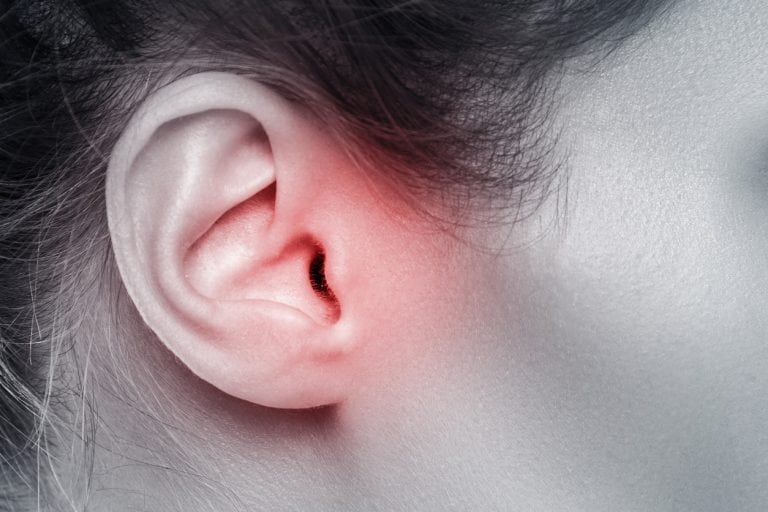
Memorizing your blood type is critical for all sorts of reasons, from knowing who you can accept blood transfusions from to who you can donate your blood to. And now, as doctors and scientists do increasingly more research on how a person’s blood type can affect their health, there’s even more of an incentive to pay attention to whether you’re A, B, AB, or O—and whether you’re positive or negative, too.
For example, recent studies have found that a person’s blood type can mean anything from an increased risk of depression to a higher likelihood of developing diabetes. Curious about what your own blood type means? Check out this article!

























